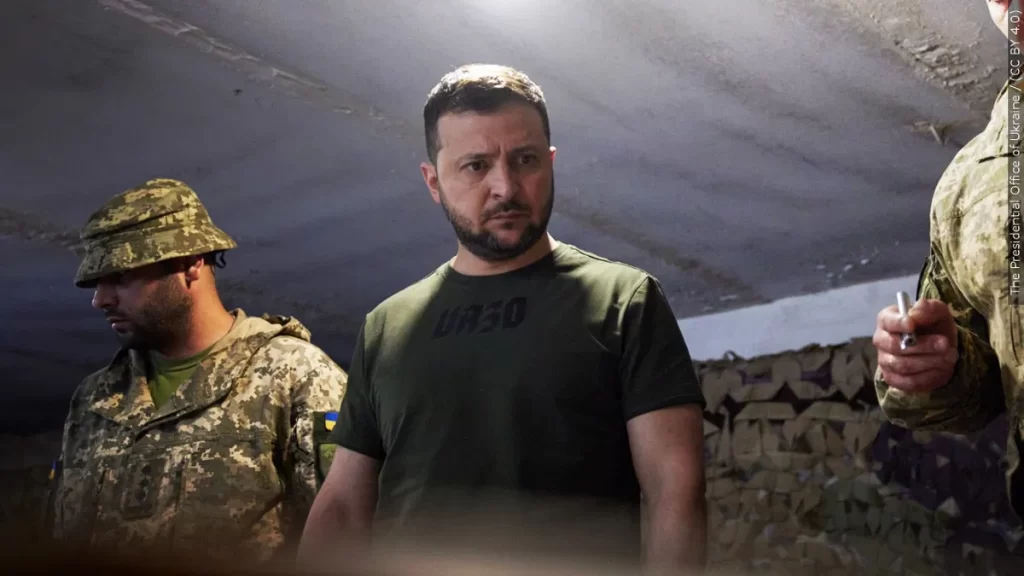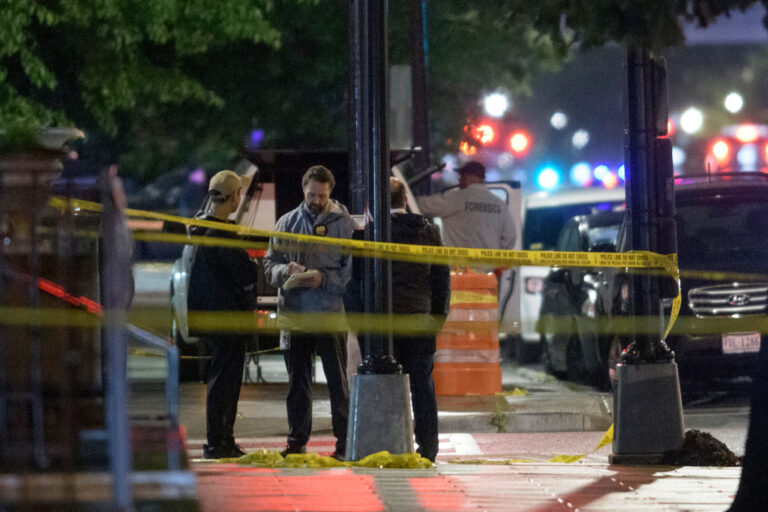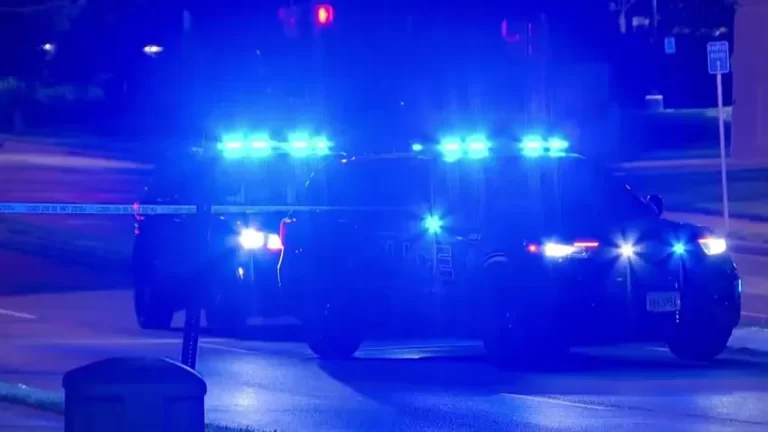
Kyiv, November 6, 2024 – Ukrainian President Volodymyr Zelensky confirmed today that Ukrainian forces have engaged in deadly clashes with North Korean troops allegedly supporting Russian forces in eastern Ukraine. The escalation comes amid heightened tensions in the region, as reports surface of North Korean fighters aiding Russia in the ongoing conflict.
In a national address, Zelensky condemned the involvement of foreign troops, warning that it reflects “an alarming new phase” in the war. Ukrainian intelligence indicates that a contingent of North Korean soldiers has joined Russian forces, raising concerns of further international entanglements. “Ukraine’s defense forces have bravely countered this aggression, but the presence of additional foreign fighters in our region only adds to the hardship and tragedy,” Zelensky stated.
The involvement of North Korean troops, if confirmed, would mark a significant international escalation, signaling strengthened military cooperation between Moscow and Pyongyang. It has also raised concerns among NATO and European leaders, who fear the ripple effects of increased foreign involvement in the region.
Meanwhile, Russian President Vladimir Putin, in a surprising statement, suggested he is open to diplomatic discussions with former U.S. President Donald Trump should he return to the White House. During an interview on Russian television, Putin said he remains “open to dialogue” with Trump, whom he described as “a leader who prioritizes stability and pragmatic relations.”
Trump, who has announced his candidacy for the 2024 presidential race, has previously expressed intentions to engage diplomatically with global powers, including Russia, to de-escalate conflicts. His team has yet to respond to Putin’s comments.
As the conflict intensifies, Zelensky urged Ukraine’s allies to step up support and remain vigilant against what he described as “a growing international coalition against Ukraine’s sovereignty.” In light of these developments, diplomatic channels may face mounting pressure to address the evolving dynamics in Eastern Europe and stave off further foreign interventions.






